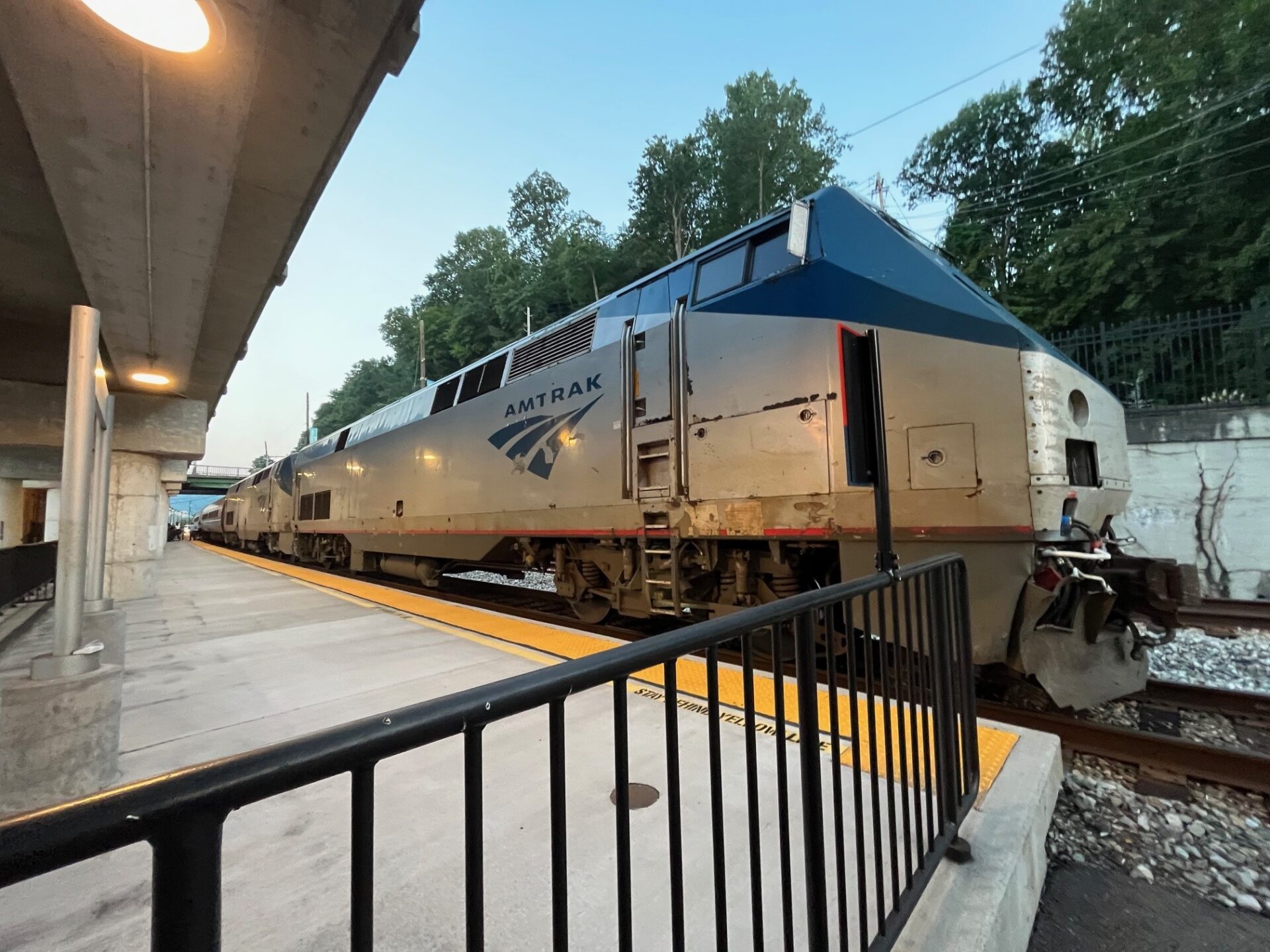Far southern West Virginia has been without passenger rail service since 1979. A federal study hints at a potential revival.
The Federal Railroad Administration has been studying the potential of expanding Amtrak service in West Virginia, including making the Cardinal from New York and Chicago a daily train.
A PowerPoint presentation from the agency at least hints it might be considering the revival of a train that was discontinued more than 40 years ago: The Hilltopper.
That train once stopped in Bluefield, Welch and Williamson on its way from Boston and Washington, D.C., to Catlettsburg, Kentucky.
Despite the support of powerful lawmakers, including the late Sen. Robert C. Byrd, the train fell to sweeping Carter administration cuts on Oct. 1, 1979.
The Federal Railroad Administration study doesn’t commit to restoring the Hilltopper but could revisit the route in the future.
William Wong, an agency spokesman, said the study “underscores a widespread desire for restoring long-distance routes and exploring the creation of new ones.”
“The study is a first step in future passenger rail planning efforts, and we look forward to continuing to refine our vision and work with partners as we design and implement an equitable long-distance passenger rail network that will tie together local economies and communities through safe and reliable rail service,” he said.
The only daily Amtrak service in West Virginia is in the Eastern Panhandle, with the Capitol Limited stopping in Harpers Ferry and Martinsburg, as well as Cumberland, Maryland.
